Ah, gray hair. And not just any gray hair, but gray hair of the facial variety. Gentlemen—dyeing our beards is a very personal choice. Some guys see it as a right of passage and look forward to the day they get to appear silver and seasoned. Other men prefer a dark, monochromatic beard and are quick to reach for men's beard dye when those grays come through. Either way, we're not here to judge. But if you happen to be part of the latter group, get familiar with your formula options before using men's beard dye to color your beard.
We've put together a simple run-down of the pros and cons of the two types:
chemical, synthetic beard dye
&
natural, plant-based beard dye
Which beard dye is easier to use?
You'll find that the dominant products in the marketplace are chemical, synthetic beard hair dyes. A chemical dye works a lot faster than its non-toxic counterpart, making it more appealing for the at-home beard colorist looking for a quick solution with permanent beard dye.
On the other hand, the coloring process is longer when using a chemical-free beard dye since the pigment needs more time to build up. Additionally, it can take more than one application to achieve the shade that you're going for when dying beard naturally.
Which beard dye gives better results?
Let's take a look at how chemical beard dyes work. They essentially strip away the protein that surrounds the hair, thus damaging your beard and making it more vulnerable to breakage.With a chemical beard dye, you might get the results you're looking for in terms of color, but you'll also be left with a beard that's dry and brittle. Not to mention that your skin may also take a hit if you're particularly sensitive to the ingredients.
Now, the alternative is using a natural beard dye derived from plant-based ingredients like henna and indigo. These natural beard coloring products are the best option for maintaining or even increasing the health of your beard while covering up gray and white strands. Your beard will be stronger, thicker, and less prone to damage. Just double-check that you're not allergic to any ingredients by testing it out on a patch of skin first. For those seeking organic beard dye solutions, these options are ideal.
Sidenote: Henna will dye your beard reddish-brown so if your hair is black, you want to make sure to pick up a product that also has indigo in it.
Bottom line: A lot of men sacrifice the health and integrity of their beards when they choose to use a chemical dye. Show your beard some love and pick up a natural, plant-based beard dye, which is a safe beard dye option. You'll have to invest a little more time, but your beard will thank you for it. For those with a grey dye beard, choosing a natural option helps maintain the beard's natural luster.
Join us in the comments. We're curious to know:
- Have you ever dyed your beard before?
- What's your favorite product for covering up gray hair?


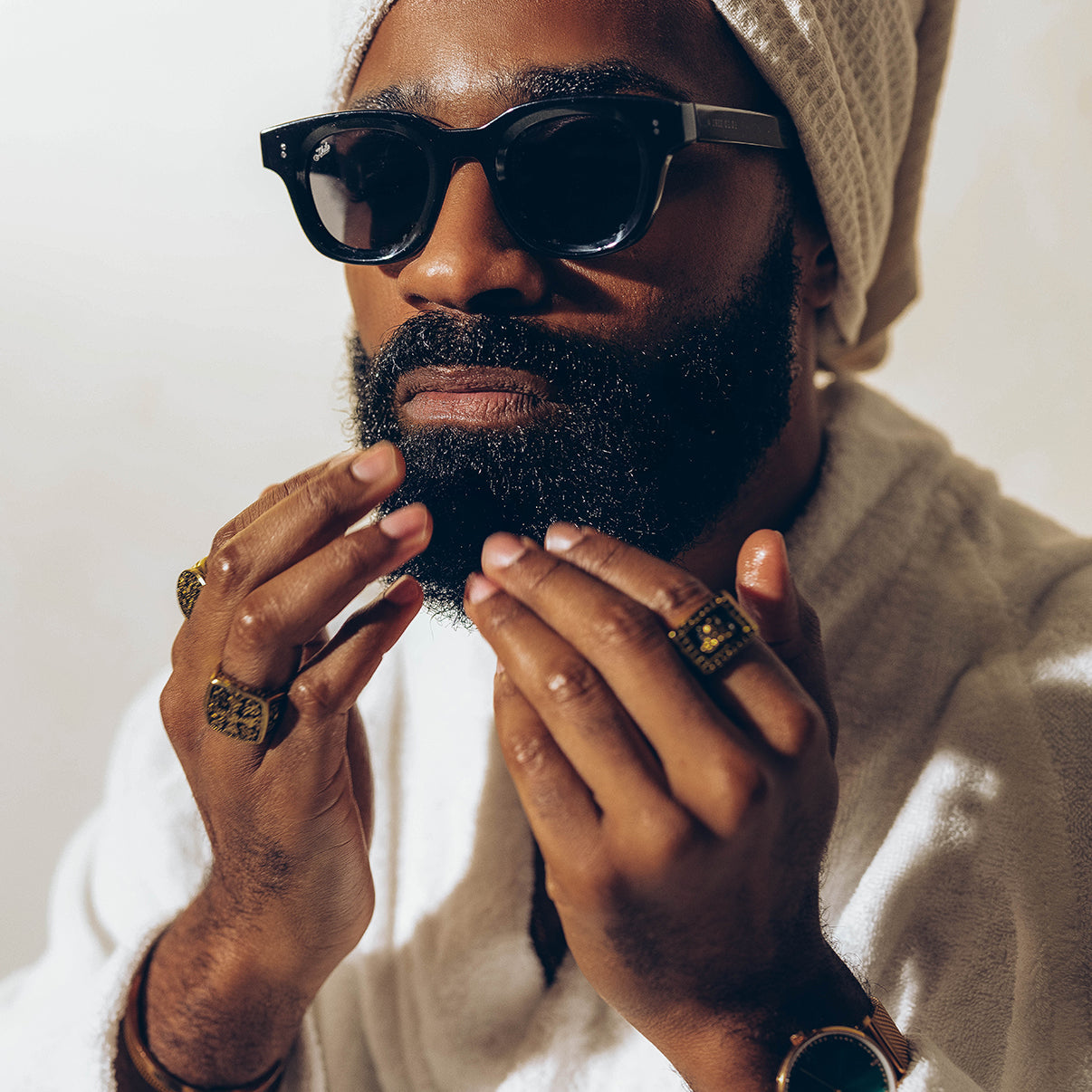
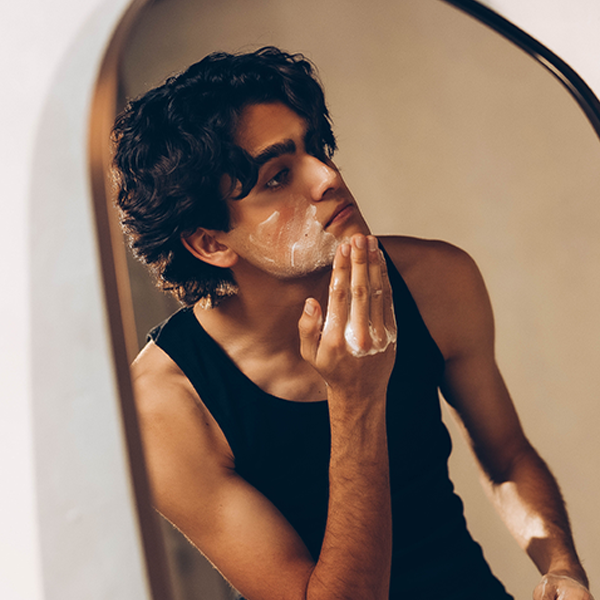
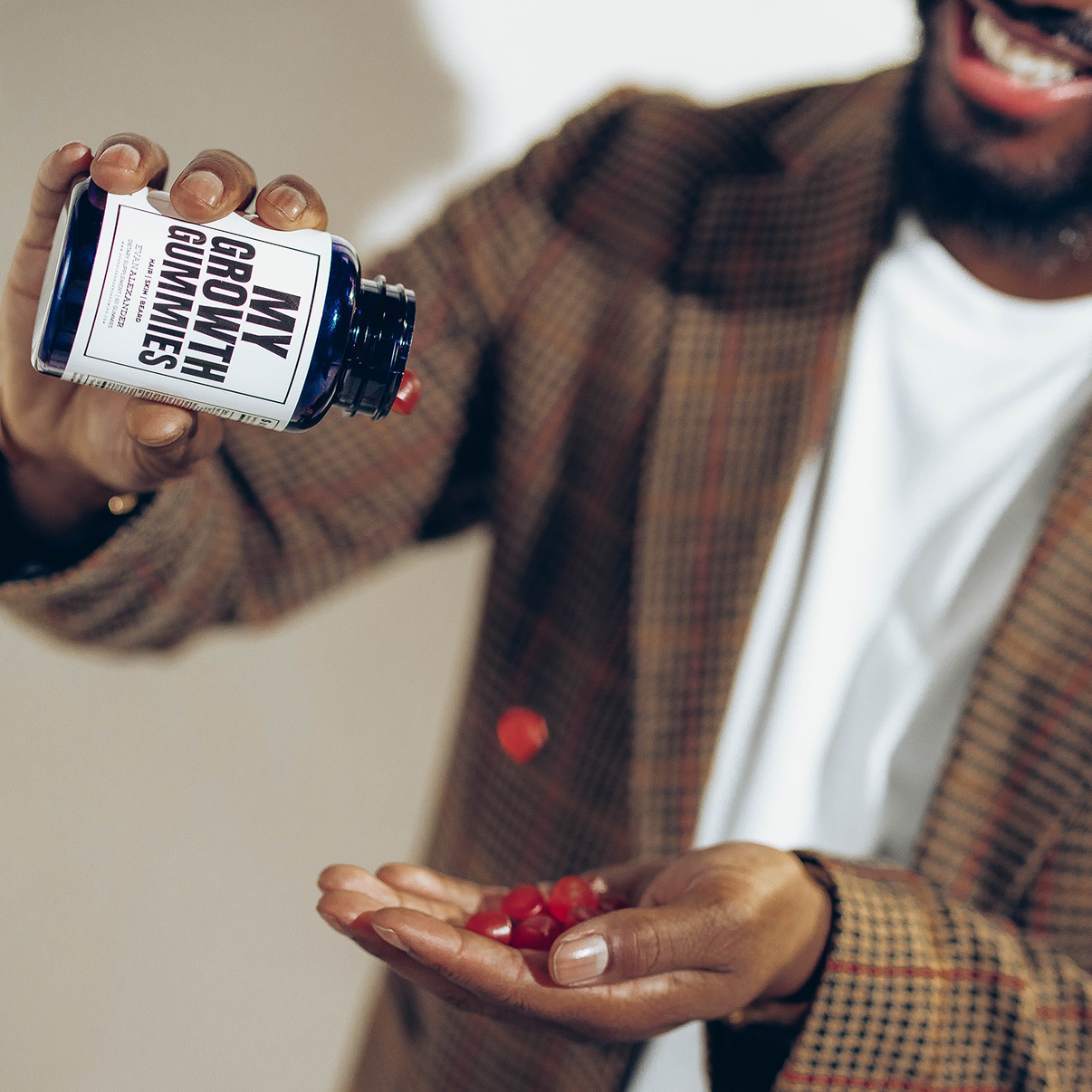
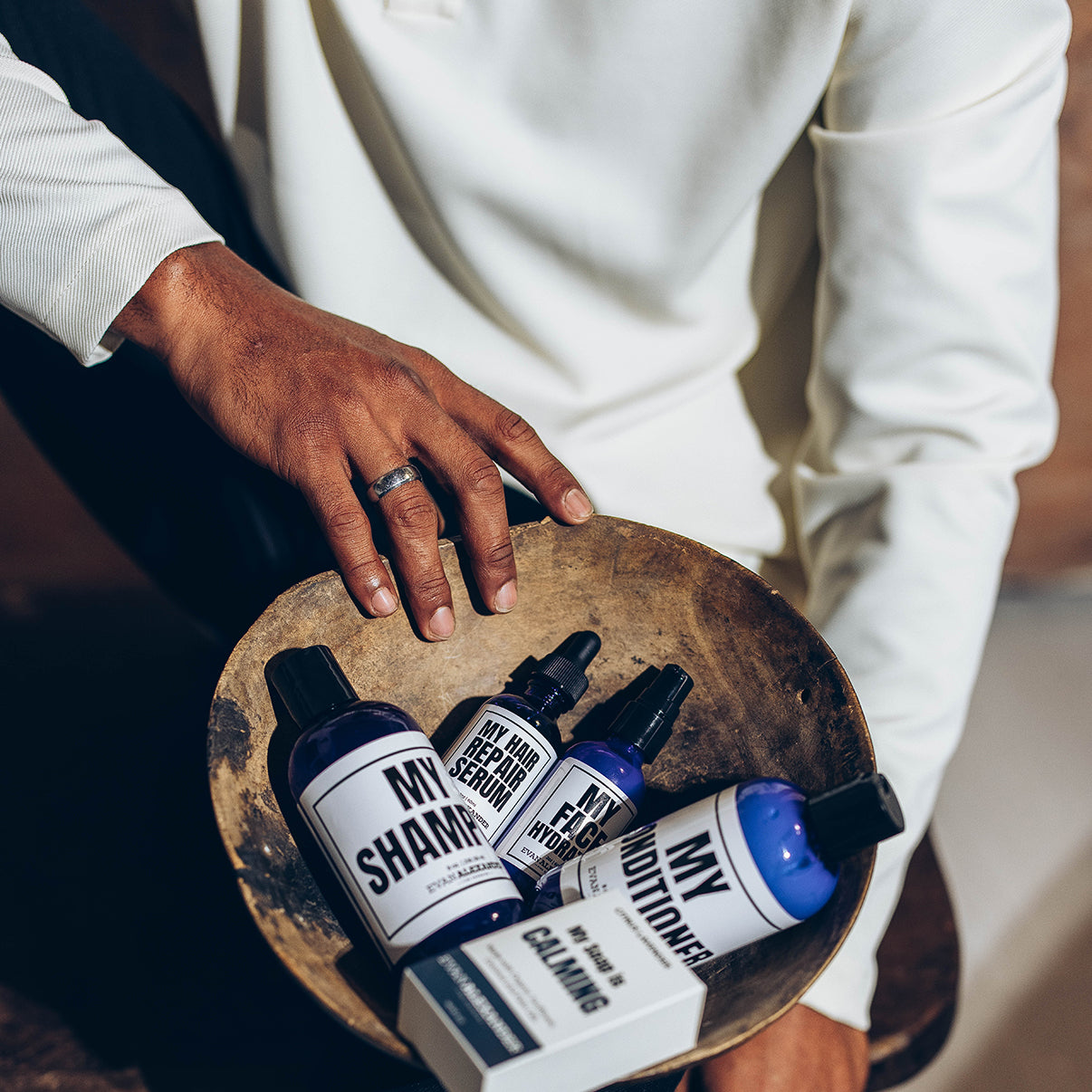
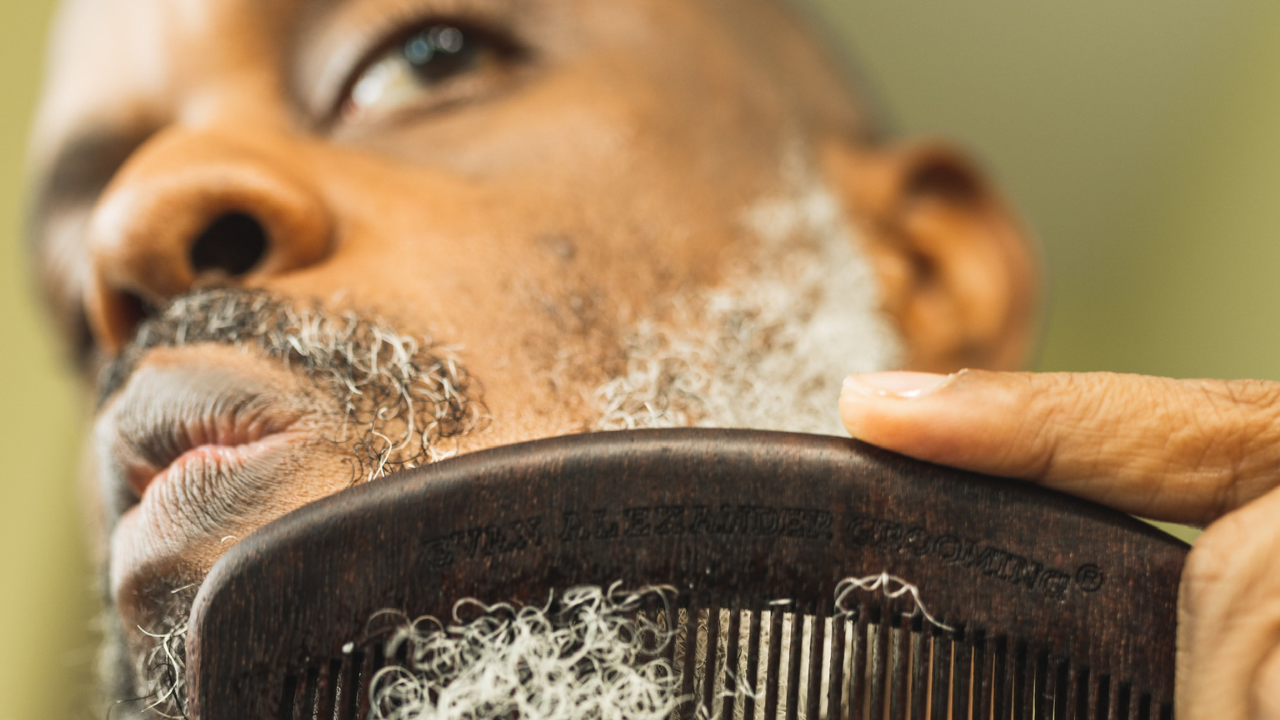
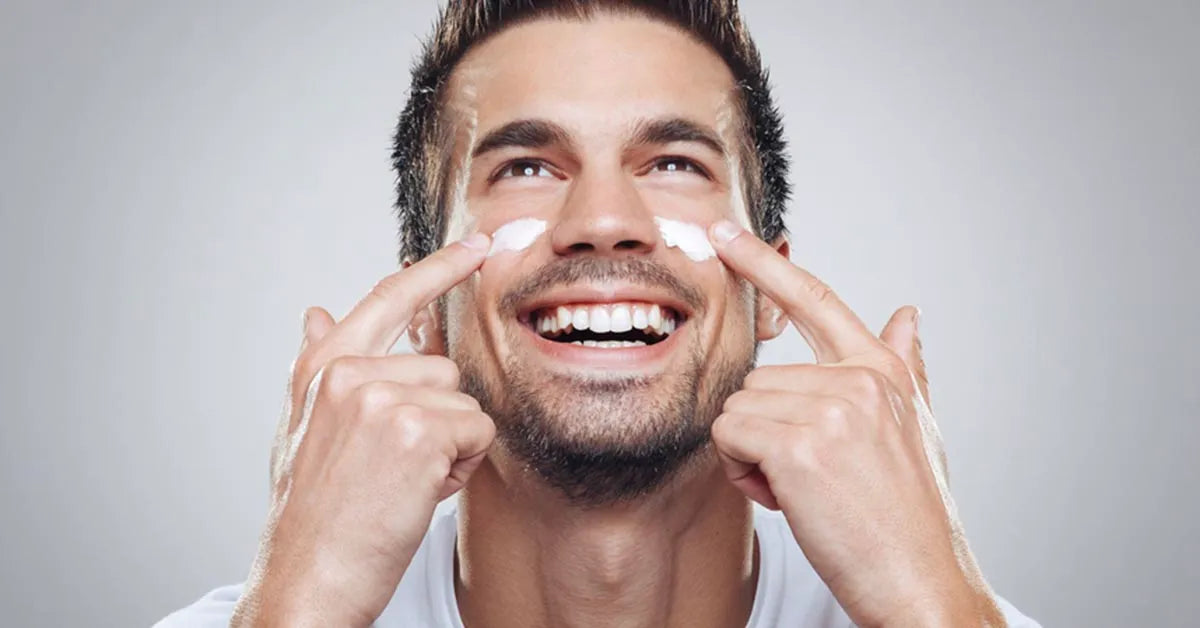
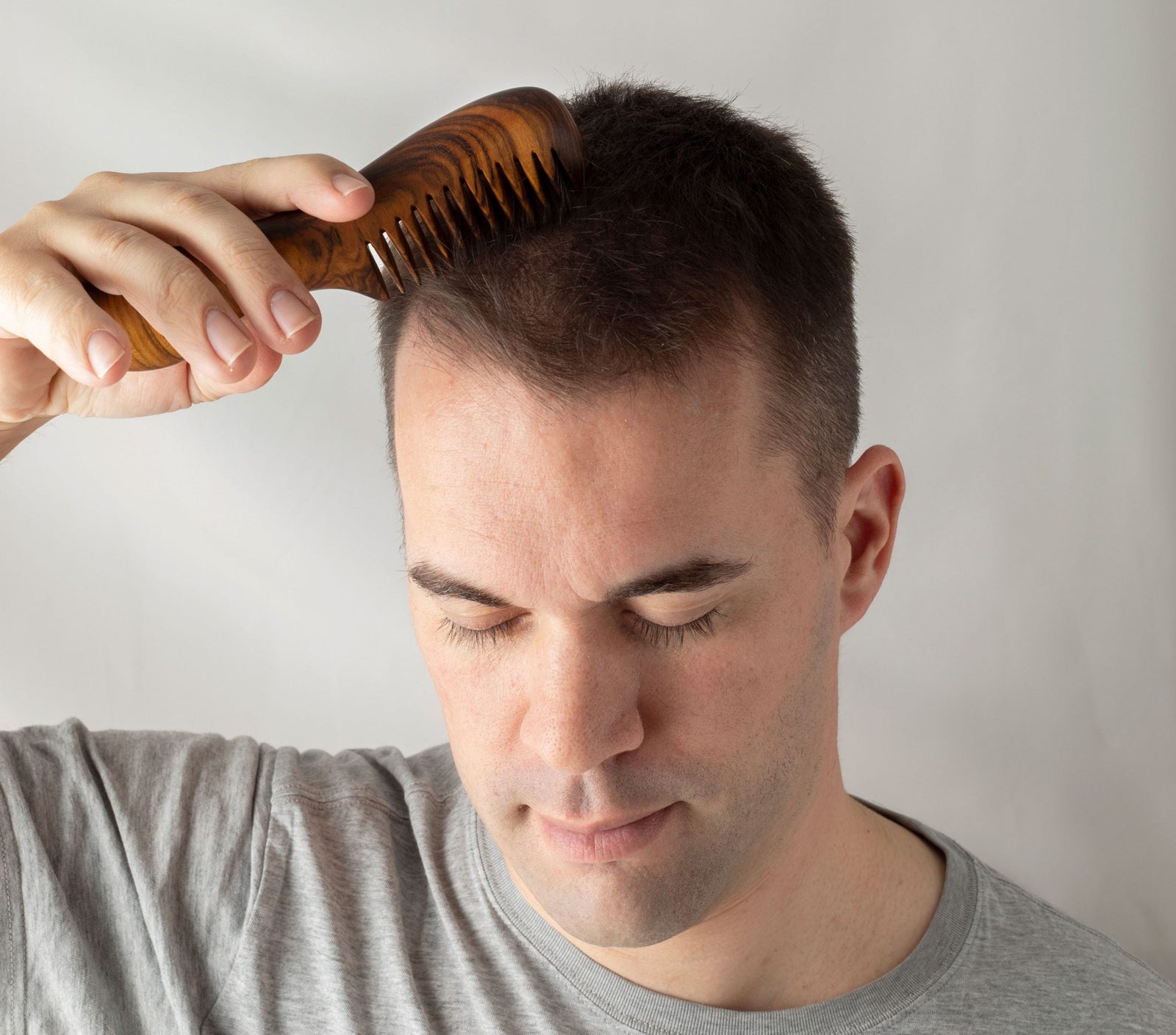

Miguel Vuala
February 02, 2021
What do you recommend for someone who want to his beard black ?